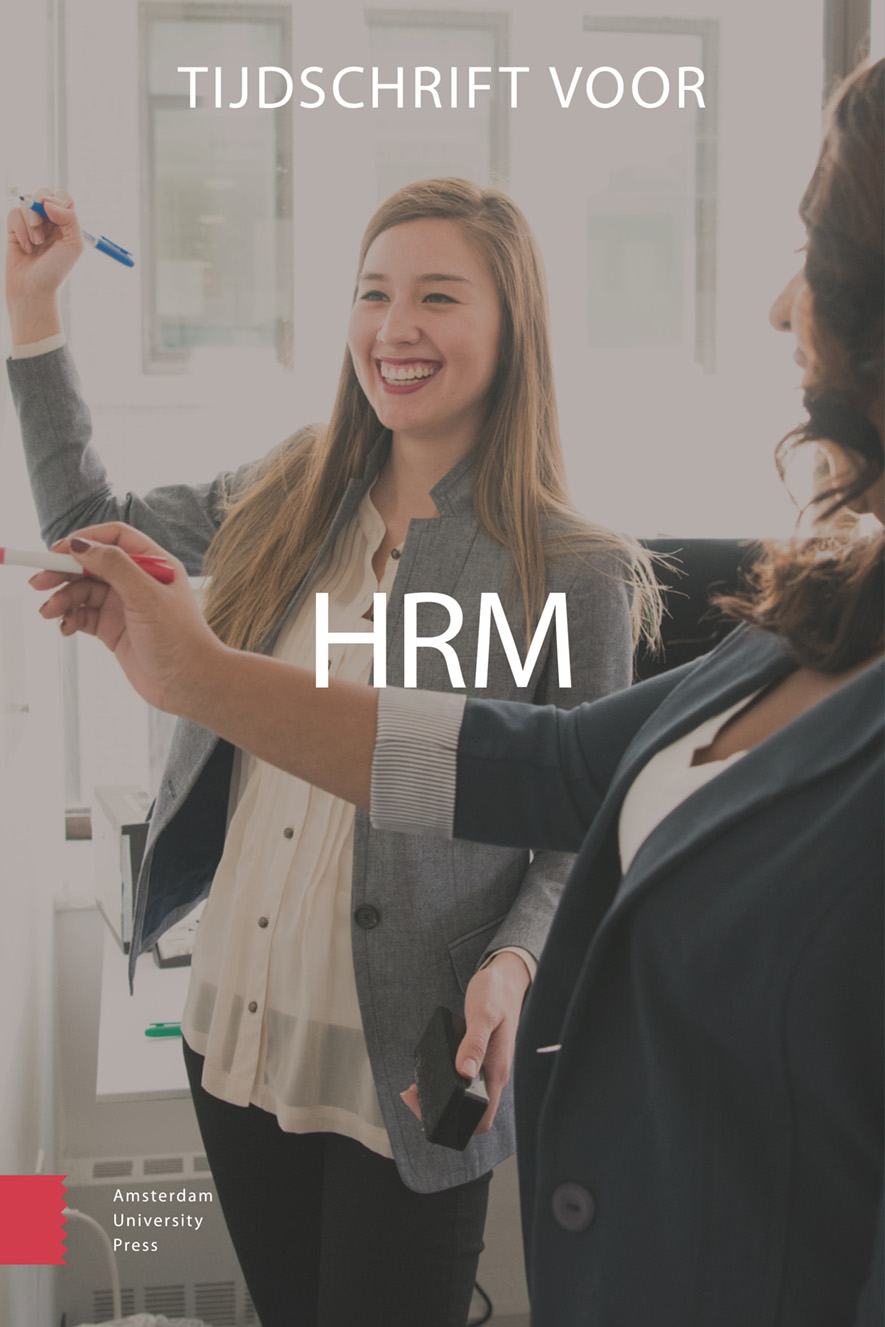-
oa Hrm En Arbeidsverhoudingen: Historische Achtergronden Van Een Ongemakkelijke Relatie En Perspectieven Voor De Toekomsti
- Amsterdam University Press
- Source: Tijdschrift voor HRM, Volume 21, Issue 4, Dec 2018, p. 73 - 94
- Previous Article
- Table of Contents
- Next Article
Abstract
HRM en arbeidsverhoudingen hebben een ongemakkelijke relatie. Nadat ze begin 20e eeuw onder invloed van het bureaucratische kapitalisme beide tot wasdom zijn gekomen, zijn ze daarna steeds verder uit elkaar gegroeid. Vanaf de jaren `30 werd dit vooral veroorzaakt door de groeiende dominantie van de arbeidsverhoudingen op nationaal niveau en vanaf de jaren `80 door de overname van die dominantie door het HRM op organisatieniveau. Het gevolg is een flinke kloof tussen beide die de laatste tijd alleen nog maar breder en dieper lijkt te worden. In deze bijdrage wordt een poging gedaan de achtergronden van de gegroeide afstand tussen HRM en arbeidsverhoudingen te verklaren en na te gaan of hier in de toekomst verbetering kan worden gebracht en zo ja, op welke manier. Daartoe wordt gebruik gemaakt van een historisch benadering. Kijken naar het verleden biedt geen garantie voor betere analyses en voorspellingen voor de toekomst, maar het stelt ons wel in staat langere ontwikkelingslijnen te kennen en te begrijpen en daarmee beter in schatten waar we nu staan en naartoe gaan.Although they regard the same topic, namely the employment relations or the relations between employer(s) and employee(s), HRM and industrial relations have a difficult connection. Since both have matured as a result of the development of bureaucratic capitalism in the beginning of the 20th century, they have developed in different directions. From the 1930’s on this was caused by the growing dominance of industrial relations at societal level, while from the 1980s on this dominance has been taken over by HRM, in both cases leaving the other in a rather dependent position. As a result no mature relationship between HRM and industrial relations has developed but a growing gap that seems to widen even more last decades. By using a historical approach this contribution aims to contribute to a better understanding of the development of both HRM and industrial relations and their mutual relations in the past and future. Looking to the past offers no guarantee for better analyses and predictions of the future, but it helps us to better understand `long development lines’ and so come to a more comprehensive view on the future.


